Hiring someone to help with your business is a huge milestone. It's exciting, a little scary, and totally transformative, but it doesn’t always go smoothly. Whether you’re ready to hire or just thinking about it, here are the lessons I learned the hard way (and what I'd do differently).
1. Start Small, But Know When to Level Up 📈
Like many small business owners, my first helpers were my significant others. It worked…until it didn’t. Eventually, I realized I needed real, consistent help to grow. Hiring my first official employee (shoutout to Mick!) was a game-changer, especially when our first full container of ArtVends arrived.
👉 Key Question: If someone else handled this task, what could you do to scale your business?
Regularly ask yourself: Is this task the best use of my time, or could I train someone else to do it?
2. Build a Clear Training System 📚👩🏫
Initially, Mick shadowed me and took notes. It worked, but creating full training guides would’ve streamlined things dramatically. Now, I have detailed handbooks and visual guides for everything, from shipping to product assembly.
👉 Tip I wish I had: Start creating a comprehensive training handbook early!
Remember, learning takes time and mistakes will happen. Create an environment where employees feel safe to ask questions repeatedly.
3. Don’t Skip Legal Essentials 📝⚖️
Even casual hires require proper documentation. For us, this meant W-4s and talking to our accountant.
👉 Pro Tip: Always research local labor laws and tax obligations before hiring. Get all documents and processes set up before bringing someone on board.
4. Learn to Let Go—It’s Crucial 🙌🔑
Delegating order fulfillment was tough because I love having control. However, trusting someone else freed up time for growth-focused tasks. Cleaning, though? Easy to delegate!
👉 Delegation allowed me more time for strategic tasks, new product design, and overall business growth.
5. Understand Hiring Costs and Plan Accordingly 💰📅
Be realistic about your finances before hiring. Check your weekly and monthly revenue to determine affordability, especially with hourly help.
👉 Costs fluctuate weekly. Use reliable time-tracking tools (I recommend a simple time clock) and consider temporary hires, like paid interns, for busy seasons. This approach helps manage your budget effectively.
6. Think Twice Before Hiring Friends 🤔👫
Hiring Mick, a friend, turned out great, but it doesn't always work that way. Things can get complicated quickly.
👉 Be careful with promises. Consider short-term help to test the waters before committing. You’ll discover a lot about someone after working closely for just a month.



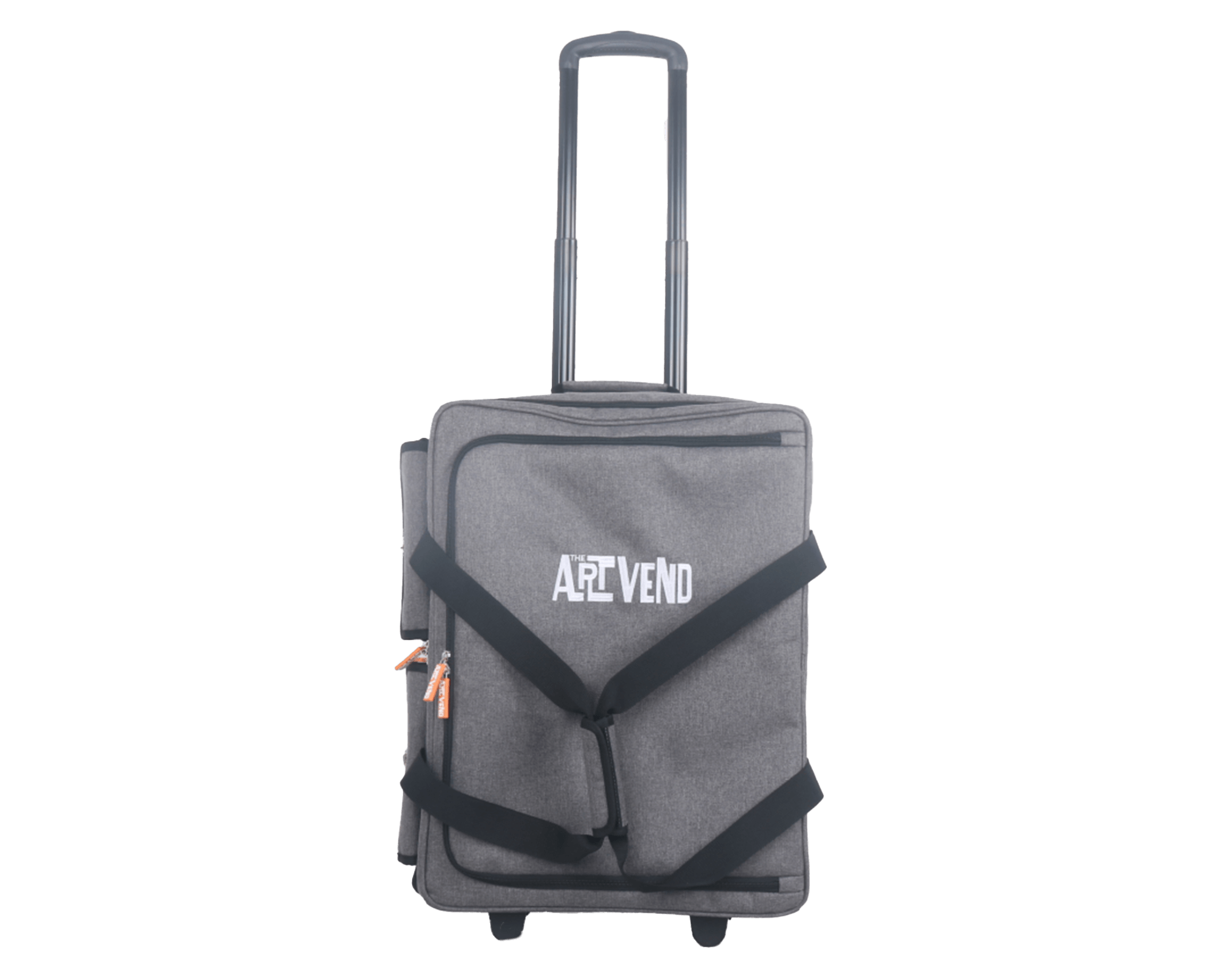
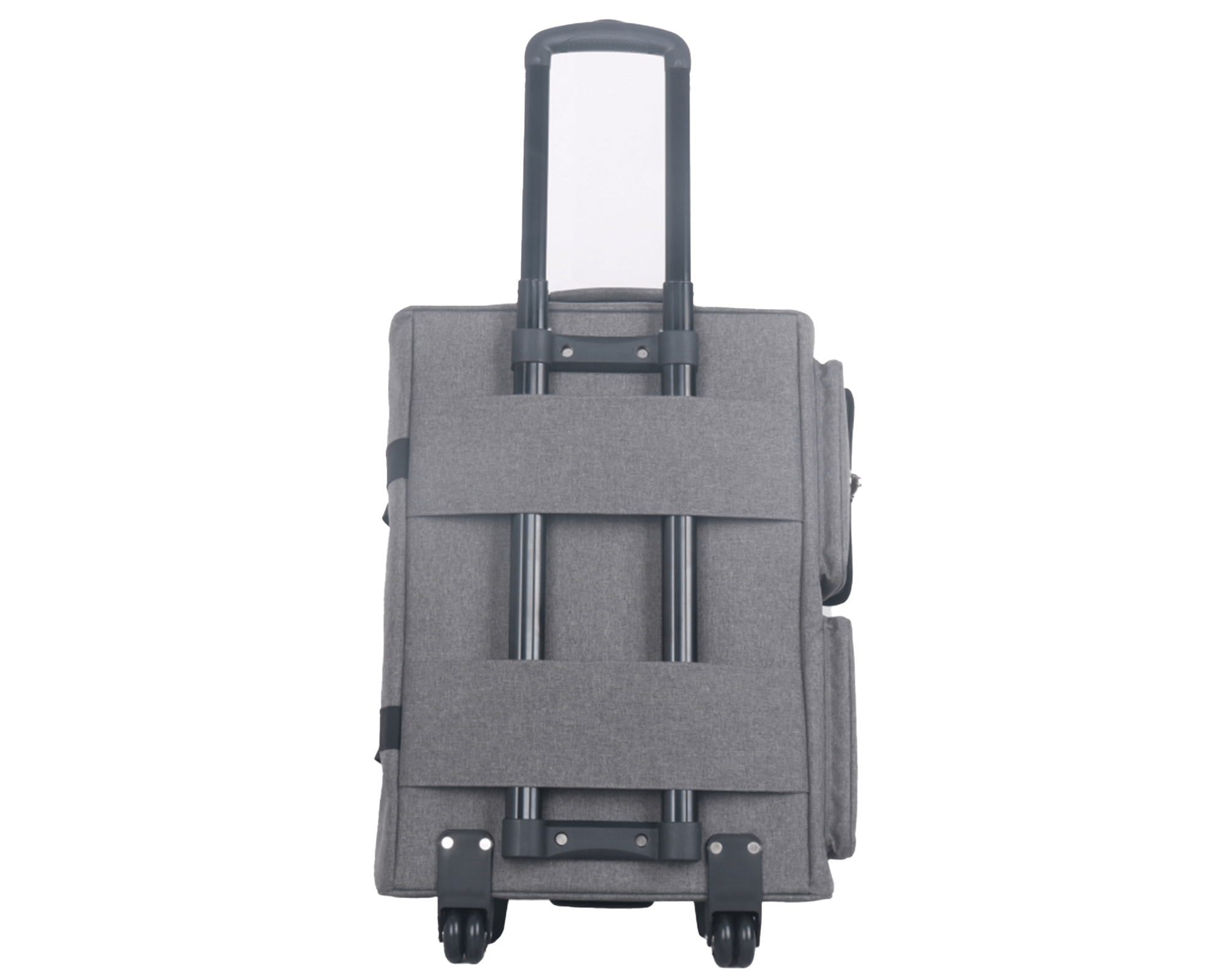

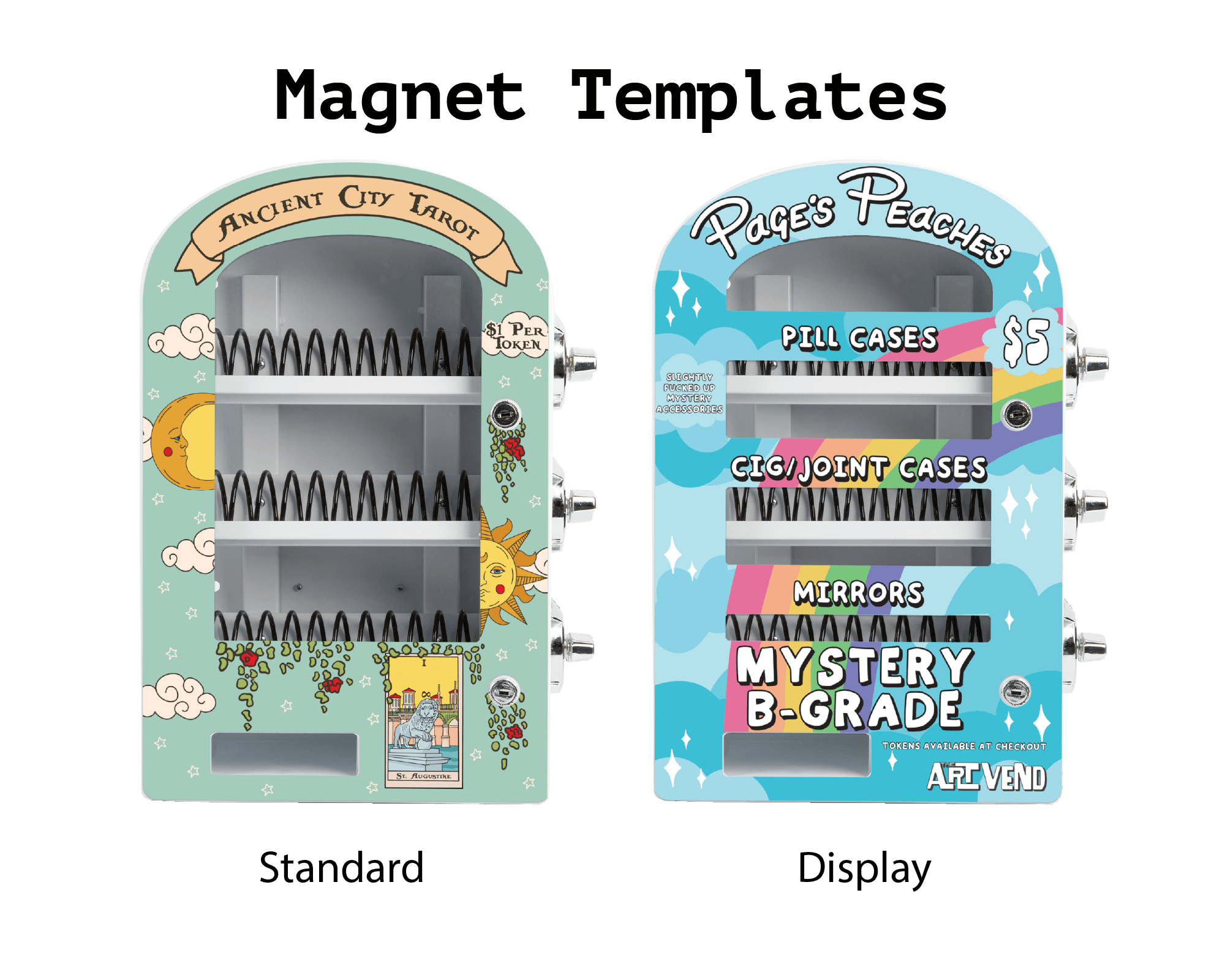



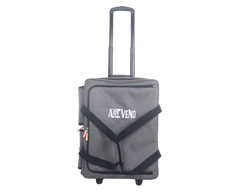




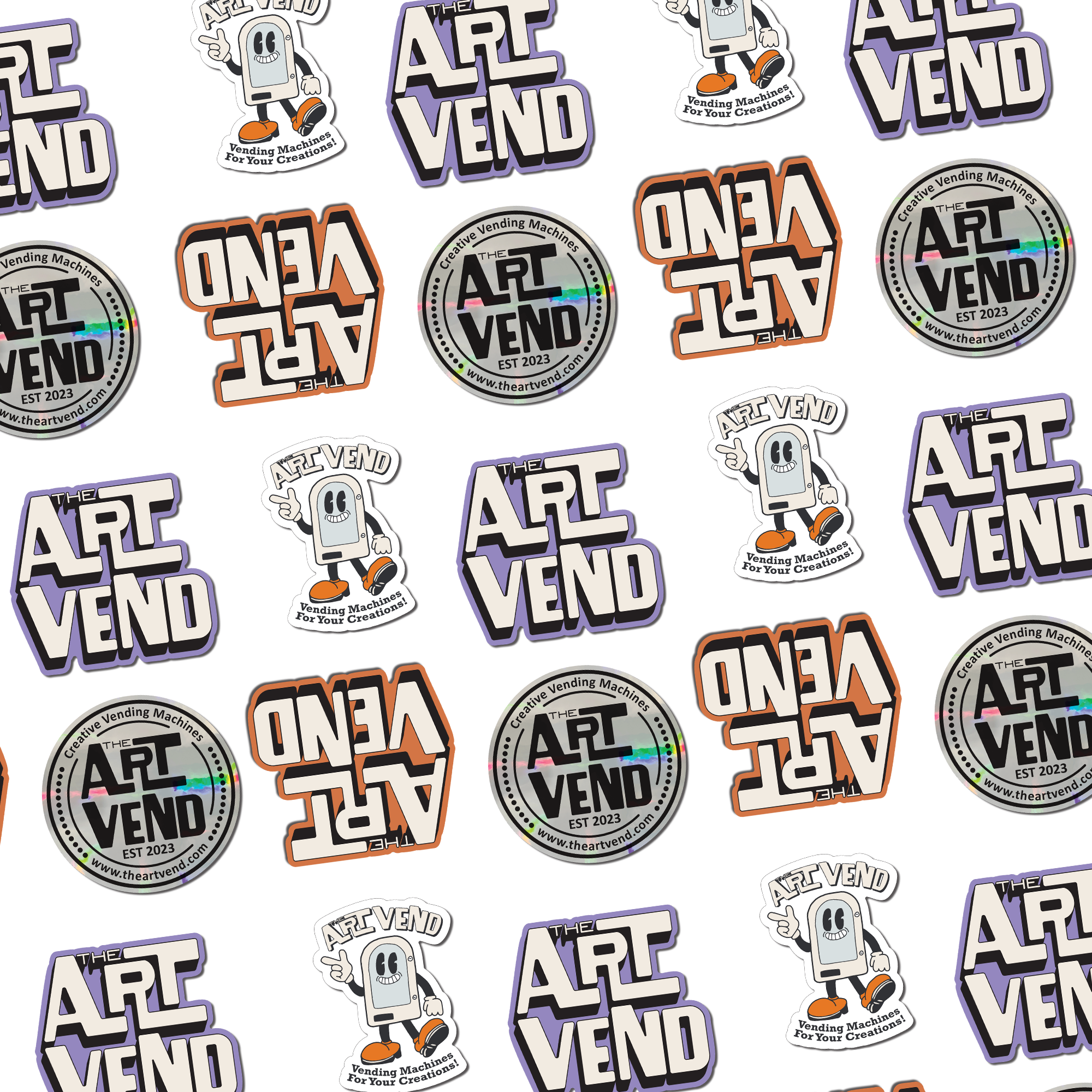
Leave a comment